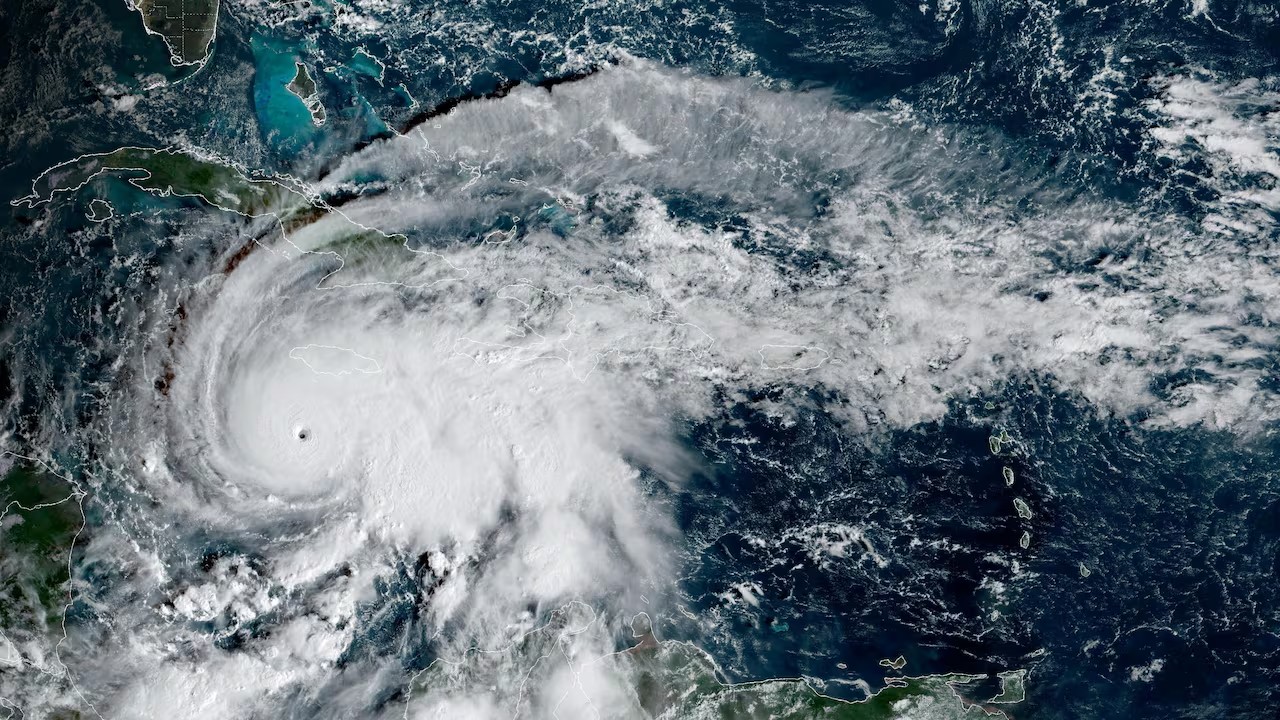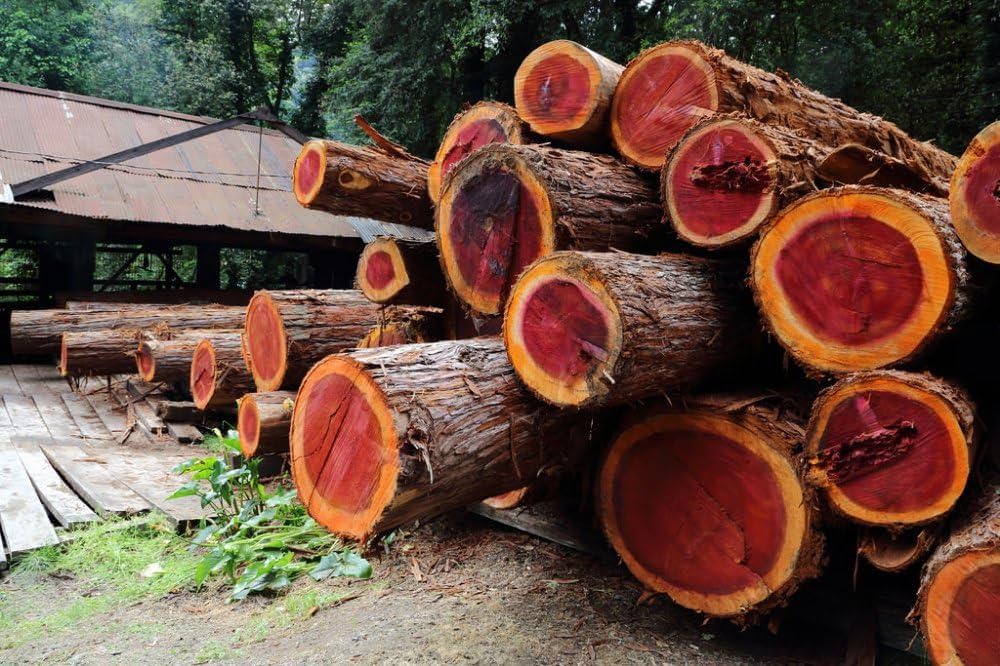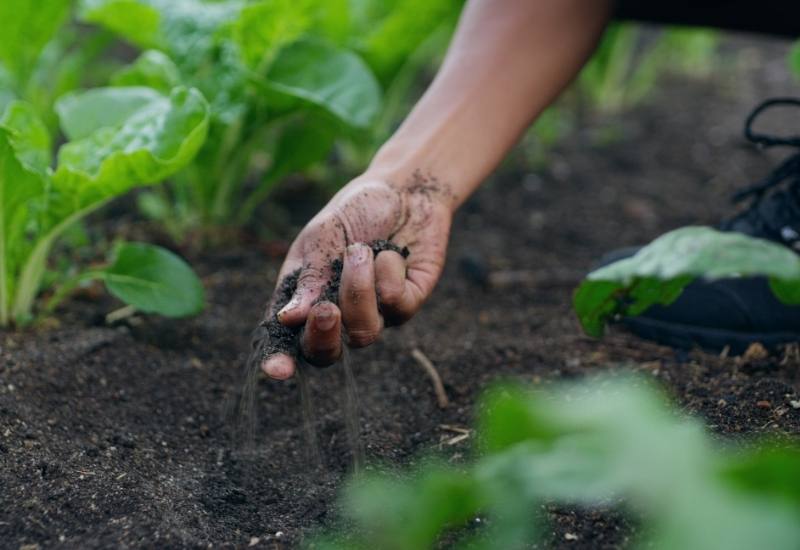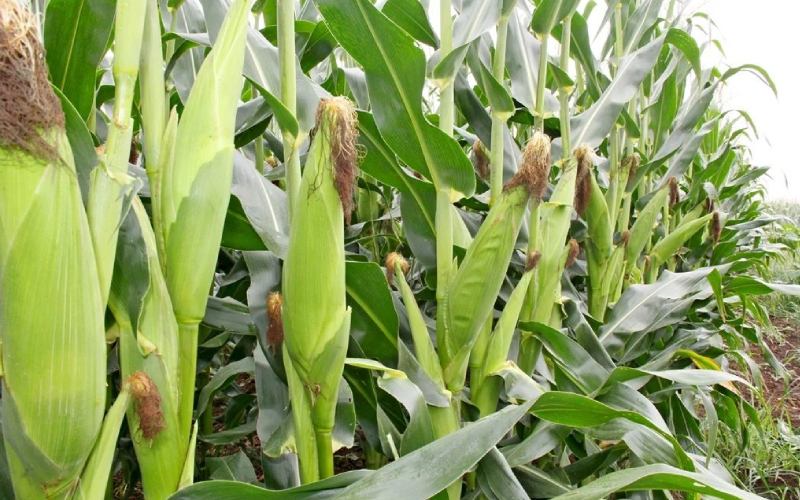- The United Nations (UN) representatives in Eritrea have commended the country in their X-official space for taking commendable steps towards soil and water conservation since independence.
- Basically, the driving force for soil water conservation in Eritrea is to preserve soil moisture, avoid soil erosion, and retain soil nutrients necessary for crop growth.
- Soil erosion has been the country's most persistent challenge.
- The dams hold a capacity of not less than 500 million meters cube of water, which is used in agriculture, thus transforming Eritrea's agriculture from being merely rain-fed to irrigated modern farms.
- Eritrea, therefore, stands at an epical point in water and soil conservation. All other countries in Africa and across the globe should emulate and adopt their spirit in implementing programmes geared to conserve soil and water.
Eritrea's Progress in Soil and Water Conservation Sets an Example for Global Agriculture
10 Aug, 2024 10:00 AM
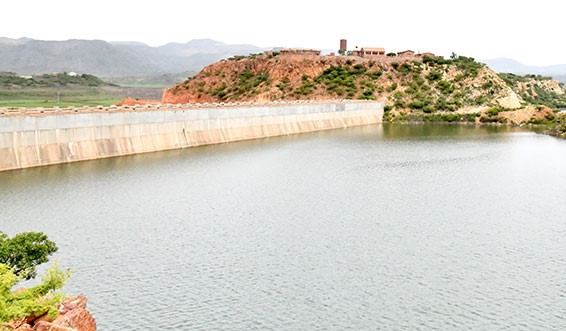
The United Nations (UN) representatives in Eritrea have commended the country in their X-official space for taking commendable steps towards soil and water conservation since independence.
@UNinEritrea
Eritrea has undertaken impressive water & soil conservation efforts since independence: 785 big & small dams built, alleviating water scarcity for people & livestock. A model of sustainable resilience and adaptation.
Basically, the driving force for soil water conservation in Eritrea is to preserve soil moisture, avoid soil erosion, and retain soil nutrients necessary for crop growth.
Soil erosion has been the country's most persistent challenge.
To curb this, the people and the defence forces do recommendable work during the rainy season when they are not engaged in planting to embrace soil and water conservation practices.
Mr. Dawit Mebrahtu, head of soil and water conservation at the Ministry of Agriculture (MoA), said that in 2023 alone soil and water conservation schemes were undertaken over 26 thousand hectares of land.
"Soil and water conservation practices by the local community and units of defense forces have played an integral role in maintaining or improving the land's productive capacity," he reported.
First, Eritrea has constructed terraces spanning thousands of kilometres across the country. Secondly, 113-thousand-meter cubes of catchments have been built, which slow down water runoff, improve water retention capacity, and trap sediments.
In 2023, 16 medium-sized dams were built in different parts of the country, and 42 more are currently under construction. The country's resilience is unmatchable. Mr Dawit Mebrahtu has recommended the people and defence forces for their untiring efforts in conserving soil and water in the country.
In the post-independence period, Eritrea has something to be proud of. The country as a whole has a story to tell about its success in constructing 810 big, medium, and small-scale dams, all of which were built by dedicated citizens.
The dams hold a capacity of not less than 500 million meters cube of water, which is used in agriculture, thus transforming Eritrea's agriculture from being merely rain-fed to irrigated modern farms.
Eritrea, therefore, stands at an epical point in water and soil conservation. All other countries in Africa and across the globe should emulate and adopt their spirit in implementing programmes geared to conserve soil and water.
This will better the agricultural sector by ensuring that food is plentiful and cheaper at all market seasons, thus achieving food security.
Connect with Us
Trending Stories
Latest Stories
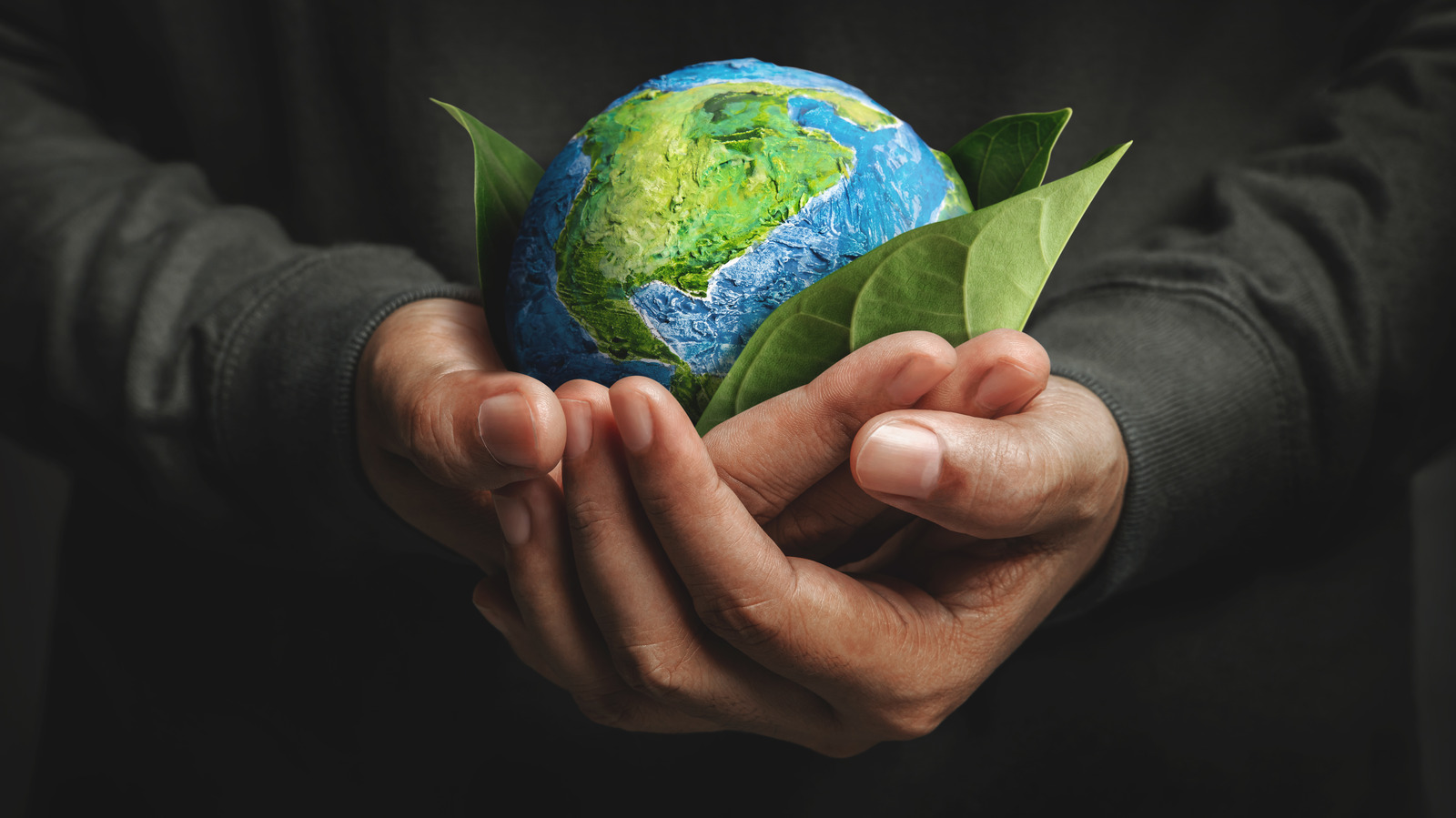
4 days ago
How You Can Help Fight Climate Change Today

